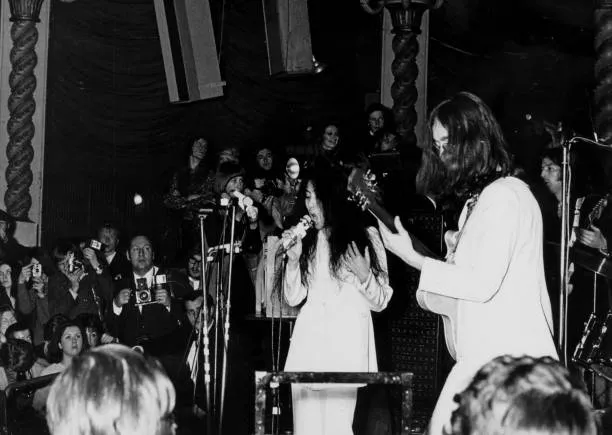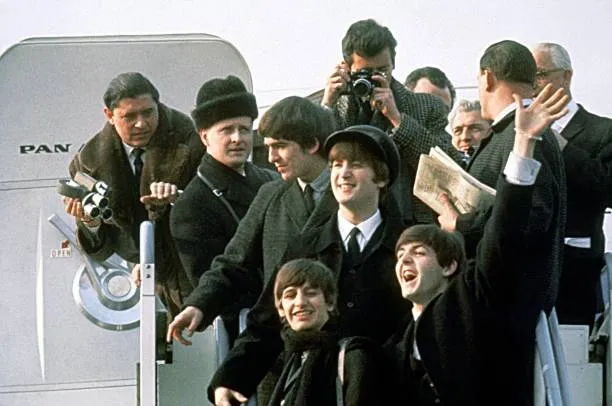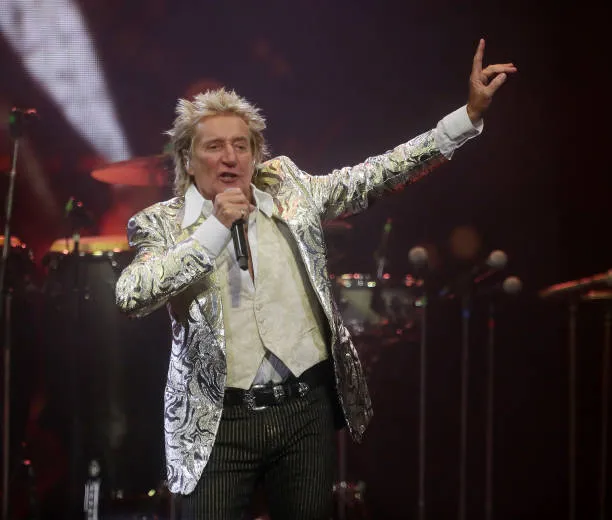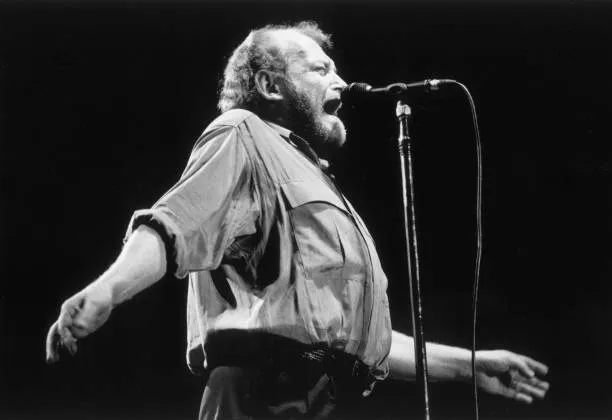Eric Clapton’s name has been etched in history for nearly six decades through his work in The Yardbirds, Derek and The Dominoes and even the odd contribution to The Beatles. Perhaps the finest guitarist Britain has ever produced, Clapton’s legacy should have been guaranteed a gilded place in the pantheon of rock forevermore. However, like many other bastions of rebellion before him, his viewpoints have drifted further and further away from what he once stood for.

Clapton, a controversial figure in the eyes of most, often proves to be a central talking point in the debate around one’s ability to separate the art from the artist. While on the one hand, Clapton is unequivocally one of the greatest guitar players of all time, on the other, alongside having a vile racist rant to his name, he has proven to be too often on the wrong side of what society deems to be considered ‘right’.
With a list of solos as long as his arm, Clapton boasts an armoury of material that would leave many an acclaimed artist green with envy. It has meant that, over the years, he has been rightly seen as one of the true greats of his instrument, and, by proxy, his view on the solos of others is given more weight than most. There is one solo by a different artist that has maintained a very sacred place in his heart and the one that he considered to be among the greatest of all time.

Dating back to his days with Cream, a time which inspired the likes of Jimi Hendrix, among many others, Clapton would play a pivotal role in shaping the creative vision of the next generation, who would try to emulate his success. Following in his footsteps offered an opportunity to set down a marker for what was possible for one person to achieve armed solely with a six-string. Clapton offered a generation of players a blueprint to follow. Learn, study, understand, interpret and play from the heart: it would be a plan that almost every great guitarist who followed would adopt.
Clapton was greatly inspired by the American blues genre, a period that shaped him as a musician in his formative days. However, even after he had climbed to the mountain top of the music world, he always kept an eye on what was emerging across the pond — and this is where his favourite ever solo can be found.
This solo in question is Duane Allman’s astonishing performance on Wilson Pickett’s R&B cover of The Beatles track ‘Hey Jude’, an effort he would build his expanding reputation on. It was a track that helped him secure the recognition required to get more eyes on his next move, which would, of course, be when he established The Allman Brothers Band the following year.

“I remember hearing ‘Hey Jude‘ by Wilson Pickett and calling either Ahmet Ertegun or Tom Dowd and saying, ‘Who’s that guitar player?'” Clapton said. The conversation would lead Clapton not only to his favourite solo but also to a future bandmate. Detailing further, the former Cream member explained that he was once informed that the guitar player was a 22-year-old session musician who went under the name of ‘Skydog’. “I just filed it away,” Clapton said. “To this day, I’ve never heard better rock guitar playing on an R&B record. It’s the best.”
The now-legendary collaboration between Pickett and Allman was, in reality, a happy accident that ended up being a match made in heaven. In November 1968, Pickett showed up at Rick Hall’s Fame Studios in Muscle Shoals, Alabama, with a plan to record material but no concrete plans for what to lay it down. Allman was also in town because he was due to be working for Hall but was informed that he already had too many guitarists. Instead, the 22-year-old asked if he could just stay around to soak everything in and help wherever he can.

Shortly after, Allman then suggested that Pickett decide to record a version of The Beatles track ‘Hey Jude’ with his assistance, which was initially viewed as ridiculous by both Hall and Pickett, but they eventually came around to the idea, and the rest is history.
In Randy Poe’s book Skydog: The Duane Allman Story, Hall recalls how it all came about: “Pickett came into the studio, and I said, ‘We don’t have anything to cut.’ We didn’t have a song. Duane was there, and he came up with an idea. By this time he’d kind of broken the ice and become my guy. So Duane said, ‘Why don’t we cut ‘Hey Jude’?’ I said, ‘That’s the most preposterous thing I ever heard. It’s insanity. We’re gonna cover the Beatles? That’s crazy!’ And Pickett said, ‘No, we’re not gonna do it.’ I said, ‘Their single’s gonna be number one. I mean, this is the biggest group in the world!'”

Adding: “And Duane said, ‘That’s exactly why we should do it — because [the Beatles single] will be number one and they’re so big. The fact that we would cut the song with a black artist will get so much attention, it’ll be an automatic smash.’ That made all the sense in the world to me. So I said, ‘Well, OK. Let’s do it.'”
The solo would find its way into the heart of Clapton and, upon hearing the man behind the six-string bends, would ensure he and Allman created another of the greatest guitar anthems ever in ‘Layla’. The track sees the two guitar virtuosos collide with serious verve, delivering some of their best work in the company of another artist who truly respected them. It would be a match made in heaven and one that wouldn’t have been possible if a few studio engineers hadn’t taken the chance to record a new song by The Beatles.



